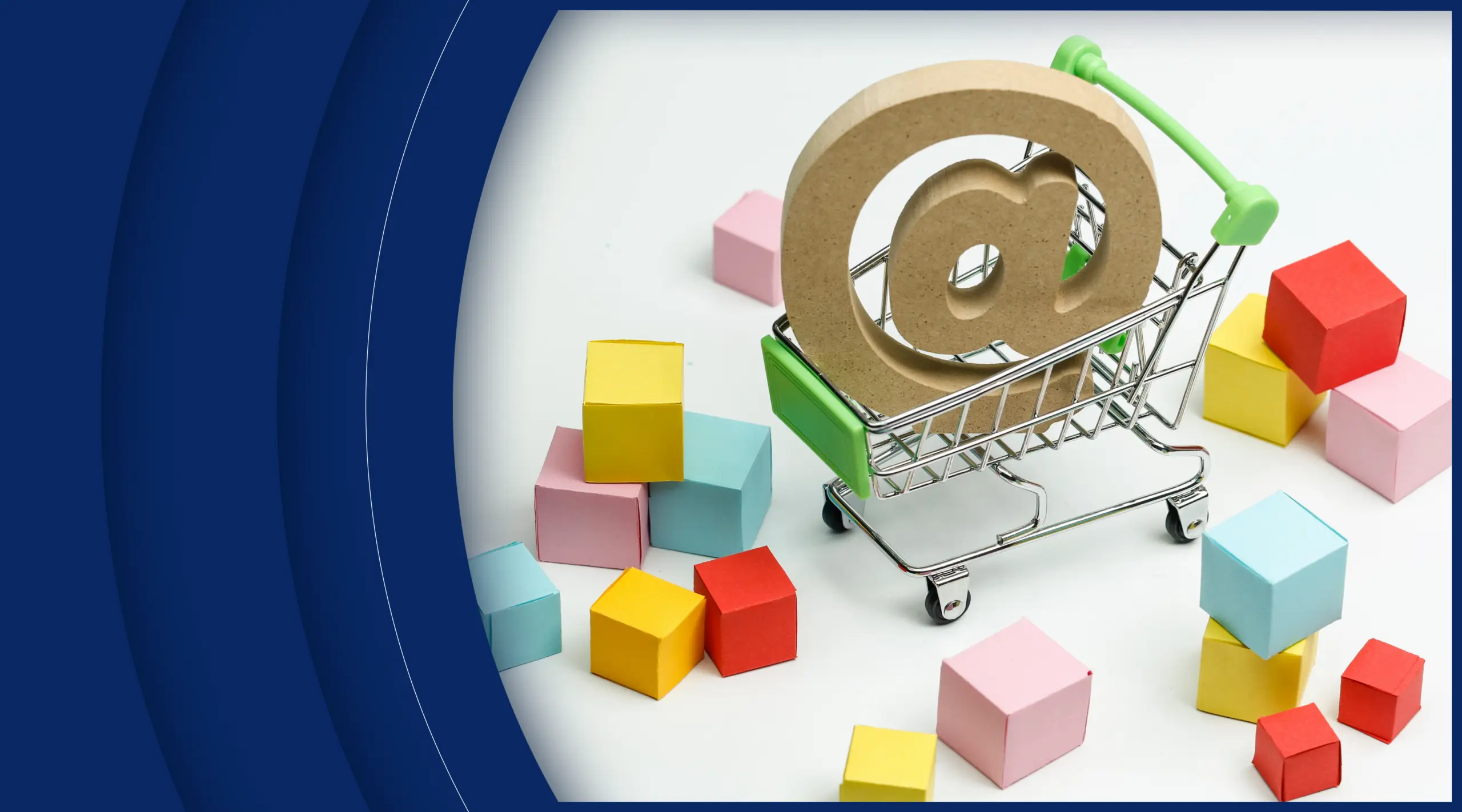
The Digital 2025 Report for the United Kingdom provides a comprehensive overview of how Britons engage with the internet, mobile devices, social media, and e-commerce. As digital behaviors evolve, brands and marketers must stay ahead of emerging trends to maximize engagement and growth opportunities. Here’s a deep dive into the key statistics and insights from the state of digital 2025 report.
- Internet usage: a nearly fully connected nation
- Mobile connectivity and digital devices
- Social media usage: engagement patterns shift
- Search and web traffic: Google still reigns supreme
- E-commerce and digital payments: online shopping booms
- Digital advertising and marketing trends
- Emerging technologies: AI, smart home, and fintech adoption
- State of digital 2025: conclusion
Internet usage: a nearly fully connected nation
With 67.8 million internet users in the UK, accounting for 97.8% of the total population, digital connectivity continues to be a defining feature of British life. The number of internet users grew by 421,000 over the past year, demonstrating a steady yet slowing expansion of digital access. However, a notable shift is in how time is spent online:
- Average daily internet usage decreased slightly to 5 hours and 36 minutes, down by 26 minutes year-over-year.
- Mobile remains dominant, with 92.7% of users accessing the internet via smartphones.
- Social media penetration has reached 79.0%, though this figure reflects a 2.5% decline in active users.
Mobile connectivity and digital devices
The UK has 88.4 million mobile connections, exceeding the total population due to individuals using multiple SIM cards or IoT-enabled devices. However, mobile connections declined by 68,000 over the past year, likely due to shifts in device ownership trends. Device adoption rates among internet users (16+ years) include:
- Smartphones: 96.7% (the most widely used device)
- Laptops/desktops: 73.2%
- Smart TVs: 64.6%
- Tablets: 52.6%
- Wearables (smartwatches, fitness bands): 35.4%
Social media usage: engagement patterns shift
With 54.8 million social media users, the UK remains a highly social nation, but engagement levels have fluctuated. The report highlights:
- Decline in active users: social media penetration fell by 2.5%, representing a loss of 1.4 million users.
- Top platforms remain unchanged, with WhatsApp, Facebook, Instagram, X and TikTok leading.
- Chat and messaging apps continue to dominate, with 91.3% of internet users using them regularly.
Search and web traffic: Google still reigns supreme
Google remains the top search engine, capturing 93.34% of web searches, followed by Bing (4.03%) and Yahoo! (1.38%). Key trends include:
- AI-powered search tools, such as ChatGPT and Google’s AI-driven search experiences, are changing how people seek information.
- Voice search usage is increasing, with 21.3% of users relying on voice assistants for search queries.
- The most-searched terms include “BBC,” “Weather,” “News,” and “Amazon,” reflecting strong interest in current events and e-commerce.
E-commerce and digital payments: online shopping booms
E-commerce continues to thrive in the UK, with 50.3 million people making online purchases, generating an estimated $130 billion in annual sales. Notable insights:
- Mobile commerce dominates, accounting for 65.9% of e-commerce transactions.
- The average annual spend per e-commerce shopper rose to $2,580.
- Grocery shopping online surged, with 25 million Britons ordering food and essentials online (+7.1% YoY).
- Buy Now, Pay Later (BNPL) adoption grew, with 9.6% of users opting for deferred payment options.
Digital advertising and marketing trends
As cookie deprecation reshapes digital marketing strategies, brands are turning to alternative targeting methods:
- Retail media networks and first-party data strategies are growing in importance.
- Web push notifications and contextual targeting are gaining traction as privacy-compliant engagement tools.
- Video advertising on YouTube and TikTok continues to outperform traditional display ads.
Emerging technologies: AI, smart home, and fintech adoption
Artificial intelligence and connected devices are reshaping digital habits in the UK:
- Smart home market growth: valued at $11 billion, smart home devices are becoming mainstream.
- Cryptocurrency ownership: 8% of Britons now hold digital assets like Bitcoin or Ethereum.
- Fintech adoption: 32.1% of users rely on mobile payment services, up from 28% last year.
- Online healthcare services are expanding, with 1.99 million users engaging in telemedicine and virtual consultations.
State of digital 2025: conclusion
The UK’s digital landscape in 2025 reflects a highly connected, mobile-first, and privacy-conscious audience. As social media growth stabilizes and e-commerce expands, businesses must adapt by leveraging first-party data, optimizing for mobile commerce, and adopting AI-driven marketing strategies.
Brands that prioritize personalized engagement, frictionless digital experiences, and privacy-first approaches will be best positioned to succeed in this evolving digital ecosystem.



